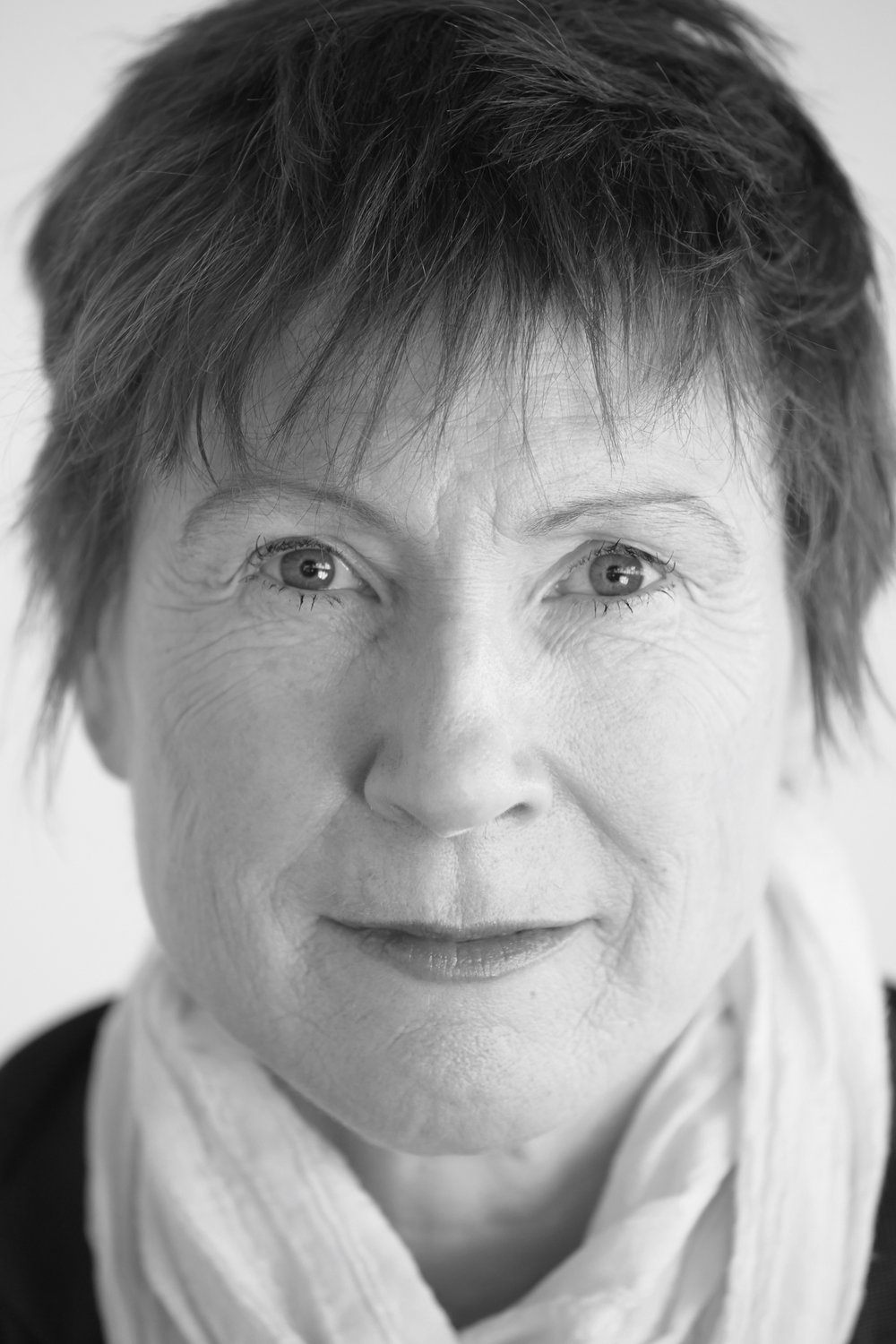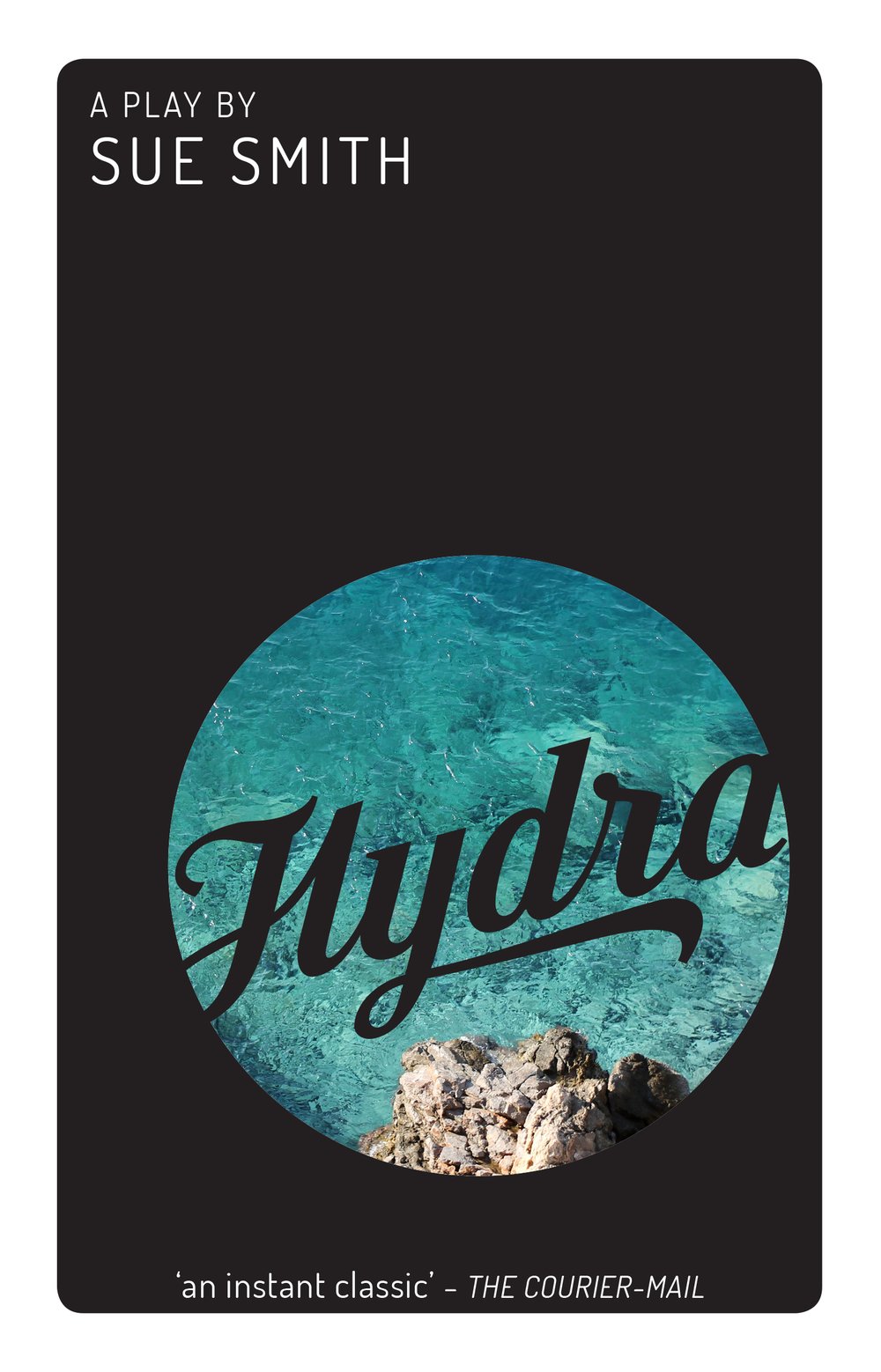Edited extract from Hydra by Sue Smith
The story of Charmian Clift and George Johnston and their dream of a life of creative freedom on a Greek island first caught my attention over twenty years ago. Like so many other Australians, I found my imagination fired by the scale of their love story, the scale of their ambition, the magnificence of the writing they created … and the scale, also, of their heartache … In truth, I, too, was held captive by the myth. But the very thing that makes a myth so powerful is that it speaks to the lives we ourselves are living. There is evidence that George and Charmian, to an extent, created and shaped their own myth. But don’t we all, in the way we frame our lives to our families, friends and the wider world? And, indeed, to ourselves. So many of us dream big – dream of striking out for individuality and freedom from convention; of escaping the drudgery of the workaday world; of rejecting the grubby commercialisation of modern life in the big cities. We dream of allowing ourselves to be exposed to beauty, and to risk. But with most of us, these are only dreams. Charmian and George actually DID it – and in the most socially conservative of times threw every type of caution to the wind and leapt off the cliff in an attempt to fly. In Charmian’s own exquisite words: they sought “to build a good rich life from the raw materials of the man, the woman, the children and the talents we could muster up between us”.
And for a while, for a brief shimmering moment, they succeeded …
The Johnston/Clift family story is quintessentially Australian. It illuminates the need felt by so many Australians, certainly of their generation, but even now, to expatriate in order to discover their true identity. It also reveals the complexities of how two passionate creators negotiate living together, how one career will so often be subsumed by the other, how difficult it can be to strike any sort of healthy balance: a difficulty as often lived now as it was then. And ultimately, it shines a light on how the following generation is affected by the choices of the first.
Here in Australia we tend not to celebrate our artists in the way other cultures do. We admire their work, but we don’t often look at the life that created the work. With these two writers, in particular, the work is informed absolutely by the life, and the life is sculpted around the needs of the work. The two echo their melody back and forth.
Passionate and searching minds have been occupied for decades in trying to grasp the essence of the Clift/Johnston story. Of what went wrong, and of whether all the pain and heartache were necessary to create the work; of whether it was all worth it – and worth the damage inflicted upon the next generation. There are many answers to these questions. And there are none. Poverty, isolation, illness, exile, alcohol, jealousy and infidelity all played a role. Perhaps there is a key in the difference of age and relative experience between Johnston and Clift – putting her always in the junior, subordinate, acolyte role: sitting at his feet, as it were, either in a Bondi loungeroom or on a stone step in Greece. There is, of course, Charmian’s grief in having given up her first daughter – Jennifer – for adoption. George’s in the loss through divorce and distance of his own daughter, Gae. The sheer horror of literally having to gasp for each breath. The pain of unfulfilled literary dreams. I wonder, also, whether the scourge of clinical depression may have reared its head in Charmian’s life earlier than in those final couple of years. The 1960s did not recognise depression as the genuine disorder we acknowledge today, and so Charmian may have been forced to self-medicate, with alcohol. Then there’s the vicious cycle of alcoholism itself – alcohol makes you depressed, so you drink. Many answers. And none. Perhaps the real truth is even starker – that it’s simply not possible to live a dream forever …
I hope that this play is not read as any kind of cautionary tale. My hope is that it inspires audiences to re-evaluate and celebrate both writers’ lives, and their searingly honest and remarkable work. And, perhaps, to dream of their own Greek island, whatever and wherever it may be … As Charmian says in the play: “And we did fly. We flew for a very little bit of time. And it was beautiful”…
Sue Smith's book Hydra was published by NewSouth in May 2019.



